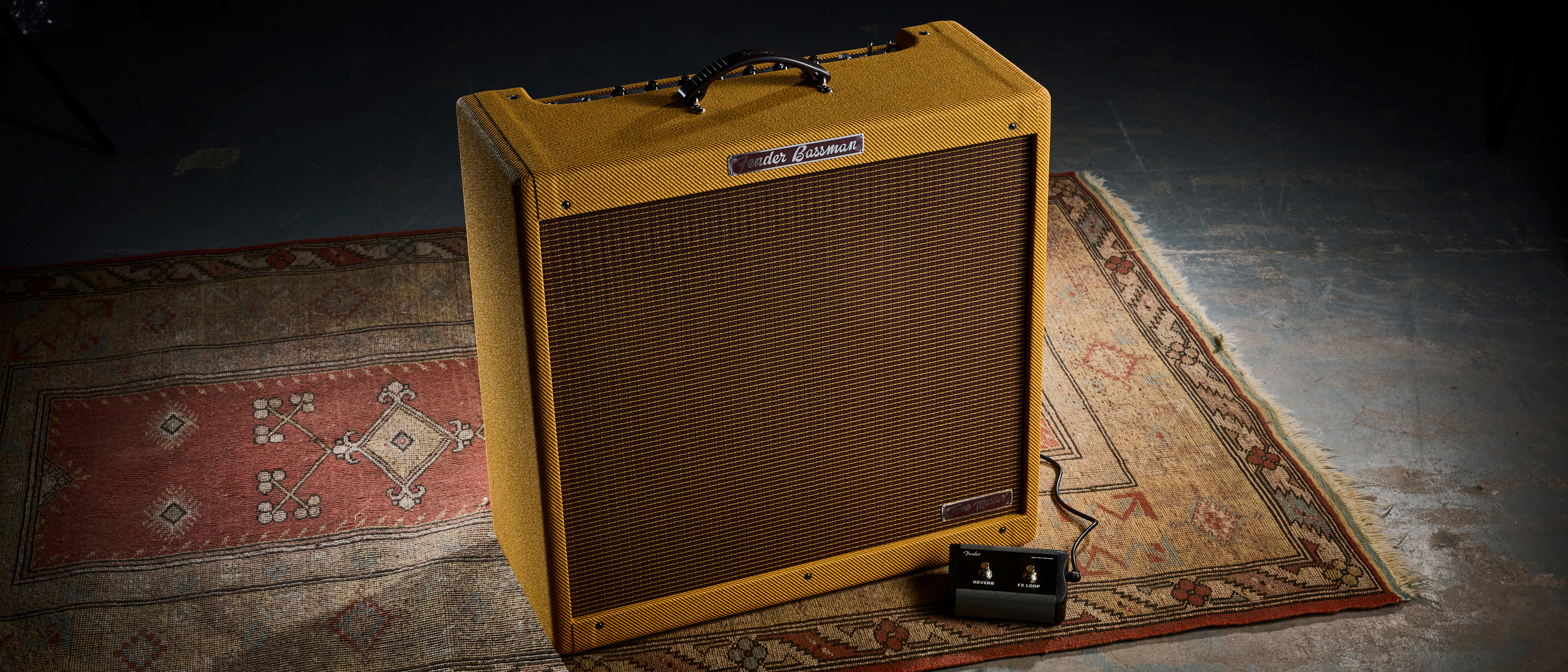MusicRadar Verdict
Fender digitally recreates the charm and unmistakable tone of one of the most important valve amps of all time, down to the most minuscule sonic detail. This latest addition to the Tone Master proves we are well and truly living in the digital age, and we can't wait to see what Fender does next.
Pros
- +
Outstanding tone
- +
Super lightweight
- +
Attenuated output
Cons
- -
Too large for some situations
- -
Price will put some players off
MusicRadar's got your back
What is it?
When it comes to amplifiers, there aren't many as legendary as Fender's Bassman. The Bassman walked so that the Marshall JTM 45 could run, and we'd argue that without the influence of Fender's famous quad-speaker combo, rock ‘n’ roll would never have sounded the way it did – so, for that, we all owe so much to this humble, tweed-clad tube amp.
Now, if you've ever crossed paths with an original example, you'll know just how heavy, cumbersome, and downright awkward they are to gig with. Well, luckily, Fender has a solution – meet the newest member of the ever-growing Tone Master series, the '59 Bassman.
Using what we can only speculate is a combination of magic, the dark arts, and some serious digital processing power, Fender has carefully and meticulously recreated the tone, feel, and aesthetic of a late-fifties Bassman while also incorporating a slew of modern features that contemporary players crave from their amps.
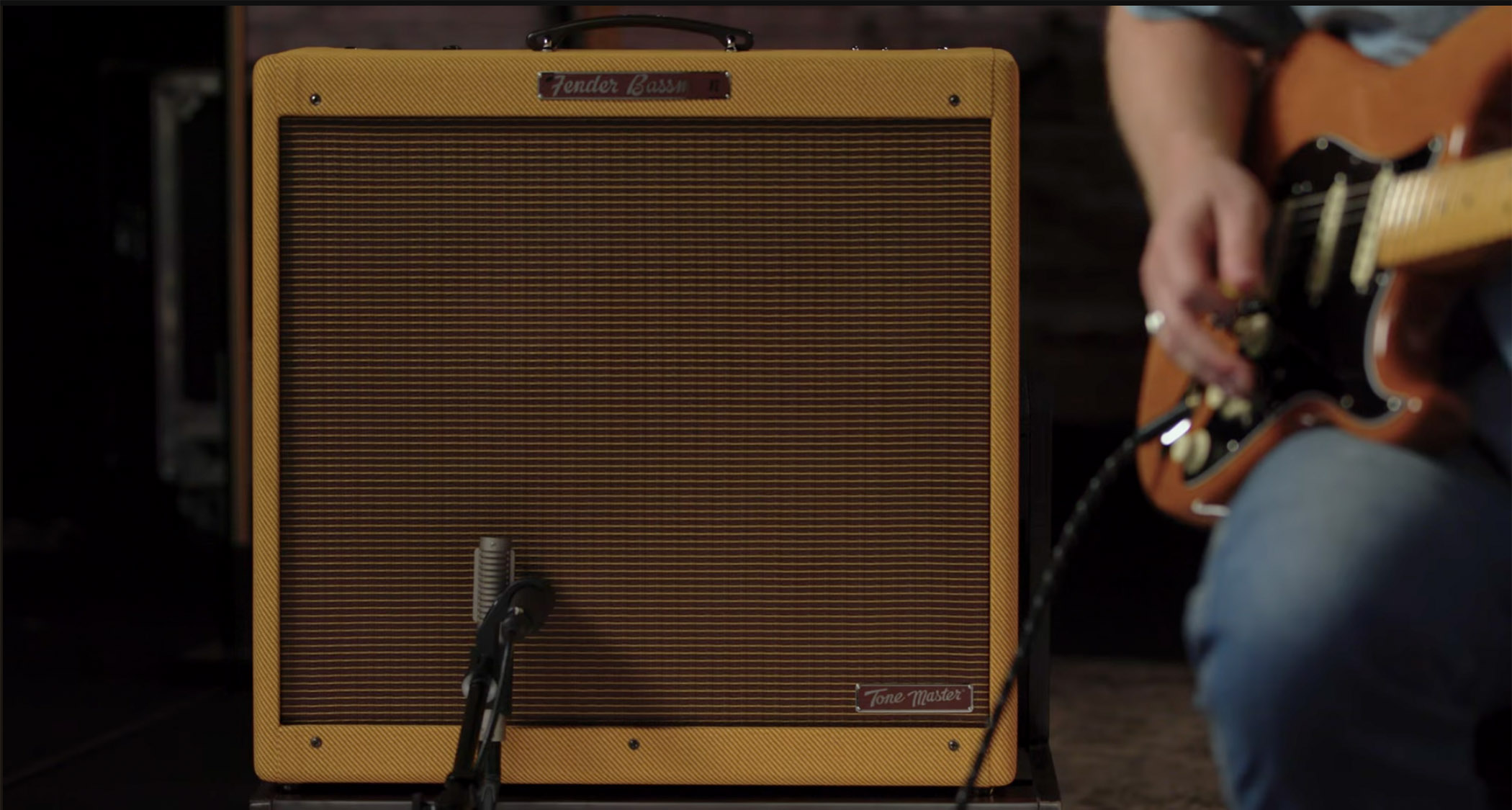
The class D power amp produces 200 watts of solid-state power, designed to emulate the 45 watts of the original
A quick glance at the top panel shows that all looks as it should, with a quartet of inputs and controls for Normal Volume, Bright Volume, Treble, Bass, Middle, and Presence. Eagle-eye players may notice something that wasn't on the original unit from '59, reverb. While it isn't strictly a feature found on vintage examples, it's a welcome addition here.
Moving on to the more modern features, this is where the brand-new Bassman gets interesting. The class D power amp produces 200 watts of solid-state power, designed to emulate the 45 watts of the original, while a five-position rotary dial gives players the option to turn down the power to much more palatable settings for home use. It's worth noting that Fender labels the amp as a valve amp, with 45 watts being listed as "full power." With options for 45, 22, 12, and 5 watts, as well as a single-watt and half-watt setting, this is without a doubt the most versatile Bassman Fender has ever produced.
Also located at the back of the amp is a Vintage and Tight switch for controlling the bass response of the unit, as well as an effects loop and an XLR output with ground lift, level control, and IR cabinet simulations.
Lastly, the amp comes loaded with four Jensen P-10R speakers and is finished in an era-correct Lacquered Tweed.
Want all the hottest music and gear news, reviews, deals, features and more, direct to your inbox? Sign up here.
Specs
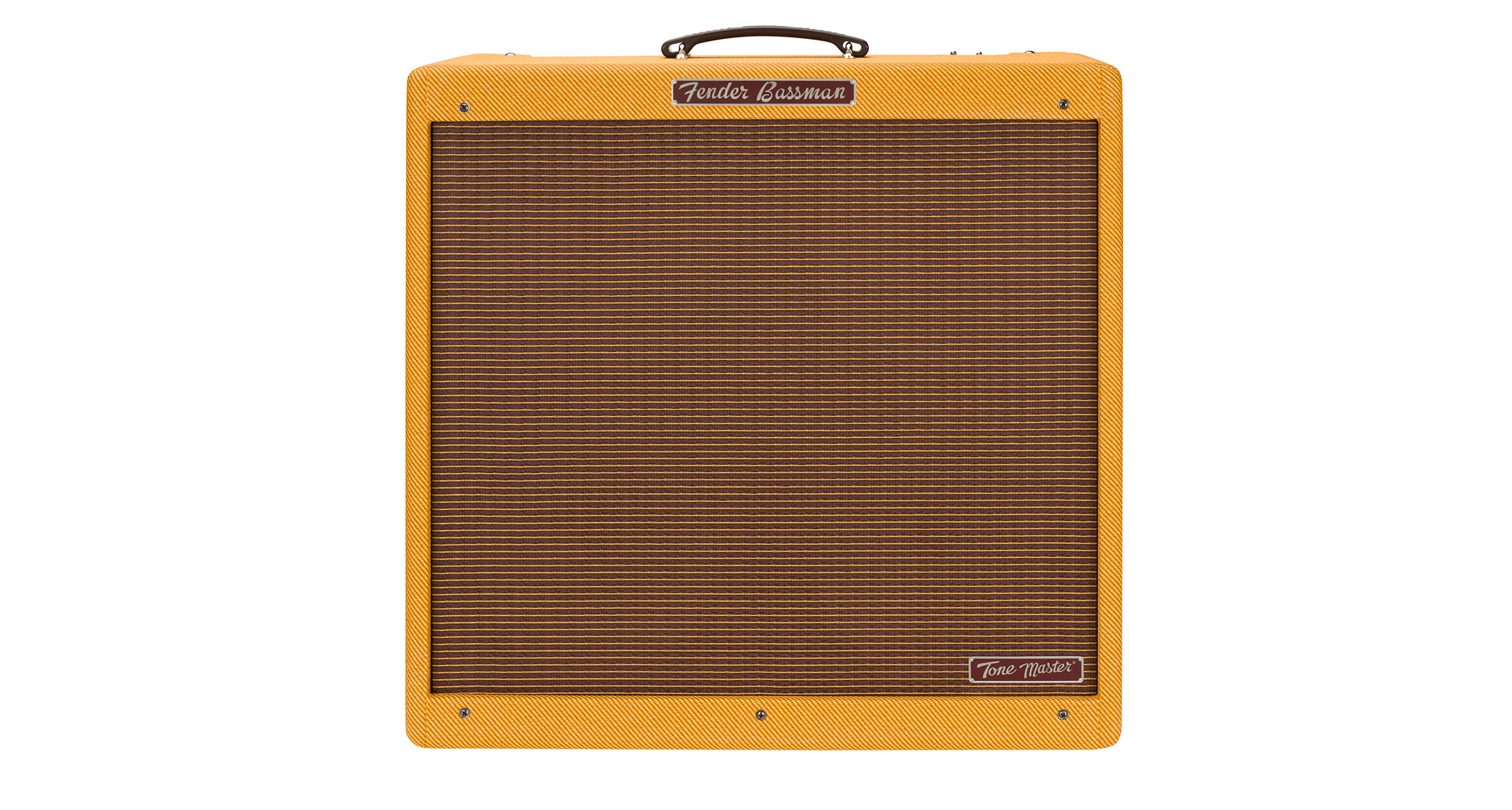
Price: £1,429/$1,499.99/€1,649
Type: Digital modelling combo
Origin: China
Output: 45-Watts (200-Watts)
Speaker: 4 X 10" Jensen P10R with Alnico Magnet
Controls: Normal Volume, Bright Volume, Treble, Bass, Middle, Presence, Reverb
Connectivity: 2 X Bright inputs, 2 X Normal input, effects loop, line out, Footswitch, USB For Firmware Updates
Footswitch: Included
Weight: 32 lbs/14.5 kg
Dimensions: H56.9 X W59.7 X 26.9 cm
Contact: Fender
Build quality
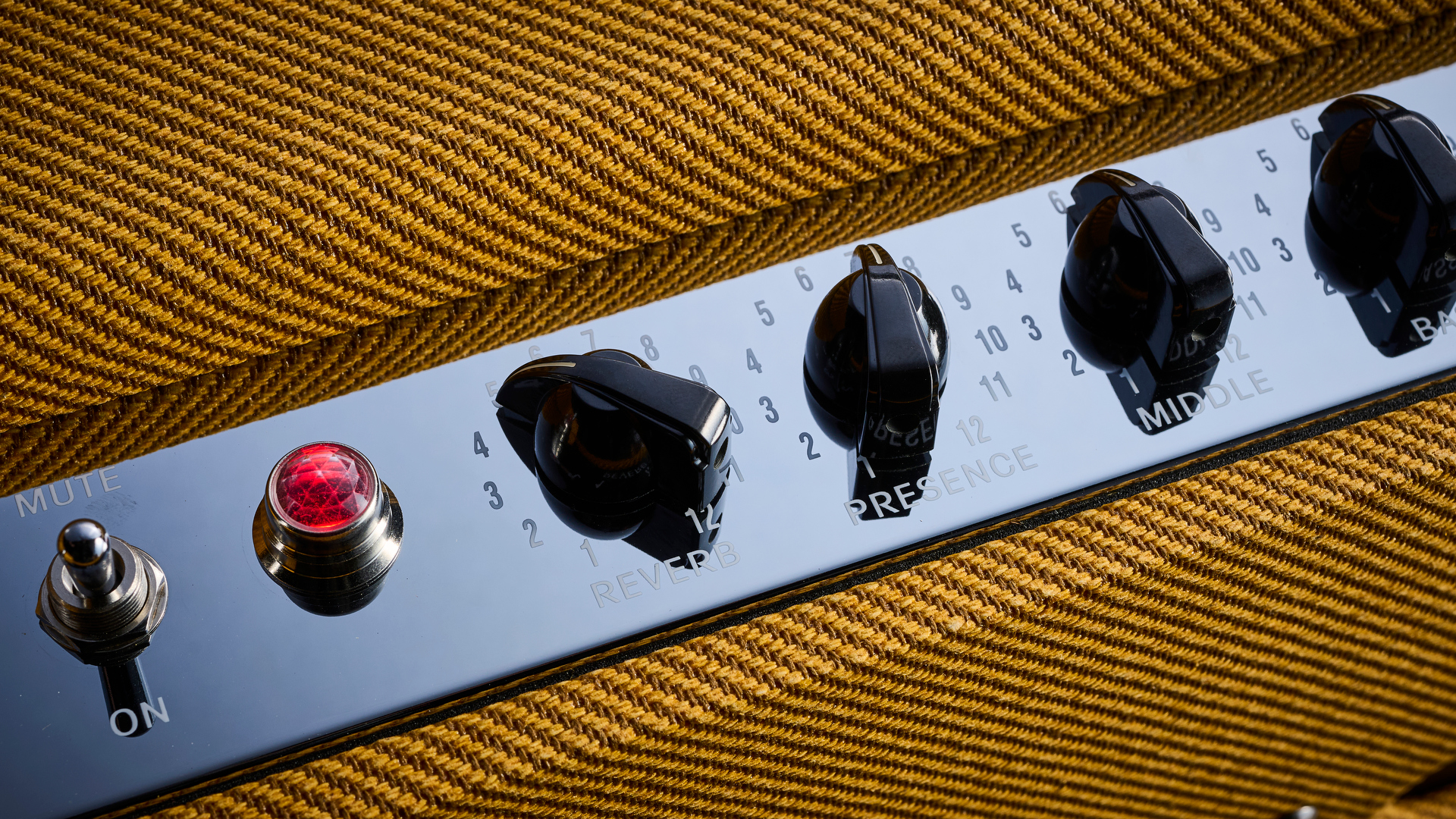
Build quality rating: ★★★★ ½
Every guitarist has their own personal Mount Rushmore of amplifiers. In case you were wondering, mine consists of the Vox AC30, Marshall Plexi, Fender Princeton, and, of course, the Bassman – what can I say? I like the classics. So, as you can imagine, I was very excited to get my hands on Fender's latest iteration and see how it compares to the original. As someone very familiar with the rest of the Tone Master range, I knew exactly what to expect when unboxing the Bassman. So far, each amp in the series has felt robust and sturdy and is very well put together – and I'm happy to report that the latest addition carries on this well-established tradition.
First and foremost, this amplifier is designed to be gigged, and I'm confident that this combo can easily stand up to the often brutal conditions of the road – although, I must admit, I'd be very worried about ruining its stunning Lacquered Tweed finish. This is a very handsome amp. That iconic mustard yellow hue of the tweed is just so recognizable, while the chrome panel and brown grill complete the look. There's no denying that this unit will look fantastic under a set of stage lights, and in fact, it's so convincing that I don't think a single audience member would know it isn't the real deal.
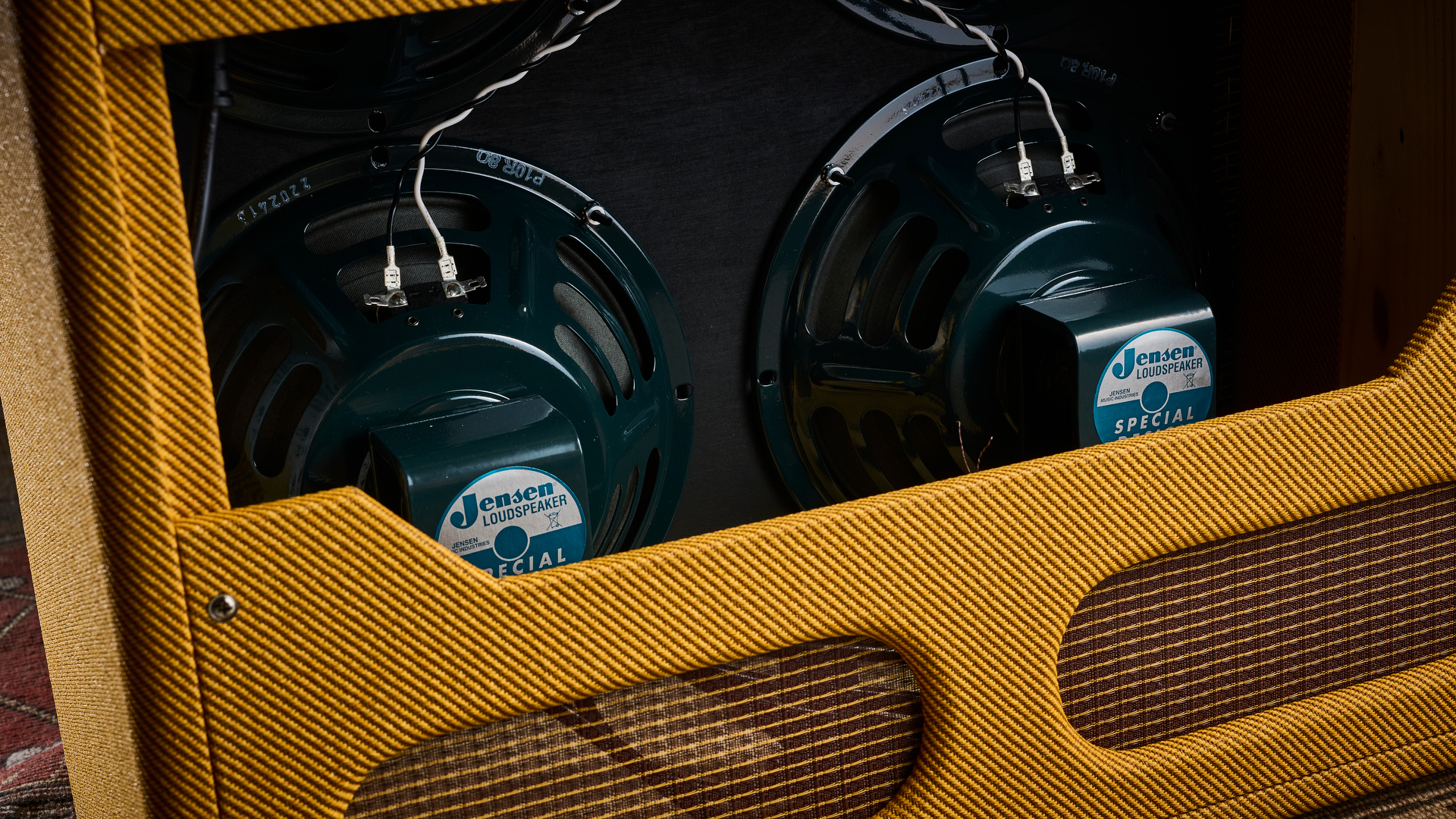
Now, the thought of wrestling an original Bassman out of a large box is enough to make the muscles in your back contract out of pure fear, but thankfully, this new version was a breeze to free from its cardboard tomb. Clocking in at a very manageable 14.5kg, this amp is very easy to move around. Even carrying it up a flight of narrow stairs was effortless. Okay, the large frame of the cabinet is still pretty bulky, and it can be cumbersome to manoeuvre into tight spaces, but that was always going to be the case with a unit of this size.
Name: Usability
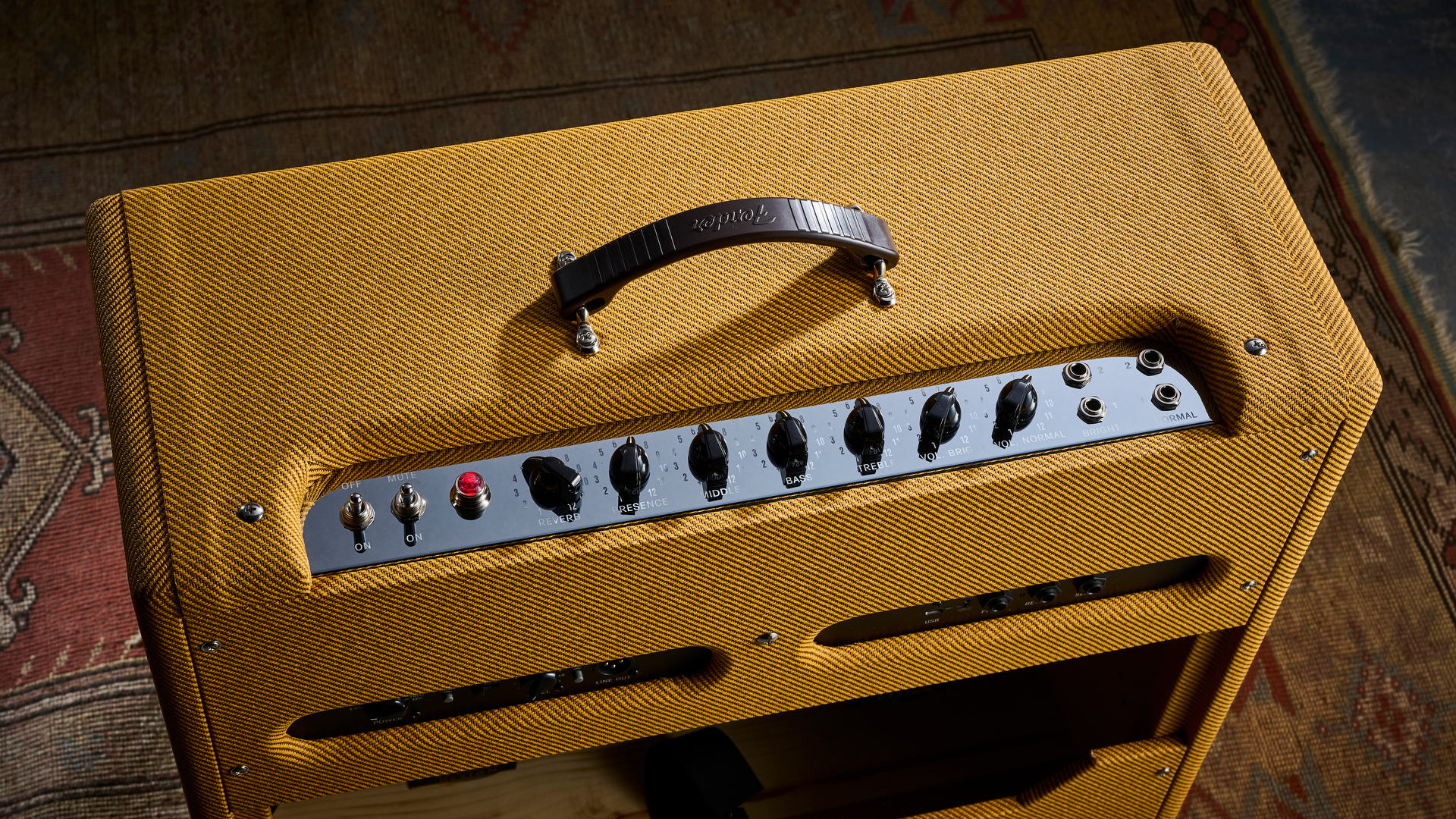
Usability rating: ★★★★½
When this amp was designed, it was far more common to stand behind your amplifier, and thus, the controls reflect this
Treating the amp as if it was an original model from 1959, it really couldn't be simpler to dial in your desired tone. A selection of seven well-labelled dials occupy the top panel and function precisely as you'd expect. However, it is worth mentioning that the control plate is reversed if you are standing in front of the amp. When this amp was designed, it was far more common to stand behind your amplifier, and thus, the controls reflect this.
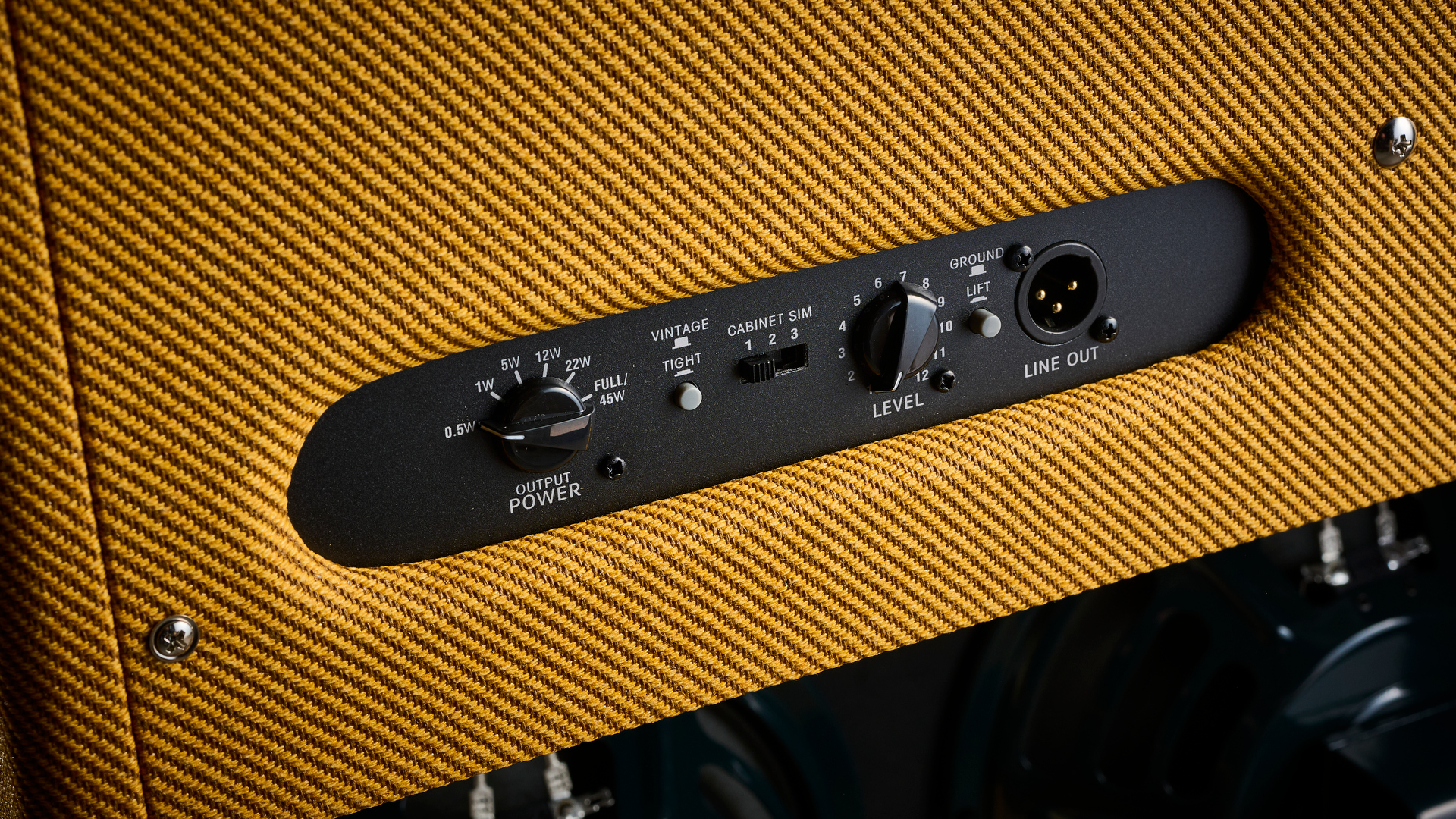
Moving on to the amp's other features, which are hidden on the rear of the unit, these can be a little awkward to reach for when you have a guitar strapped to you at a show but are easy enough to navigate at home.
Again, though, everything works as it should. The power attenuator operates exactly as advertised, and the line out with selectable cab sims is a game changer for recording and playing live.
Sounds
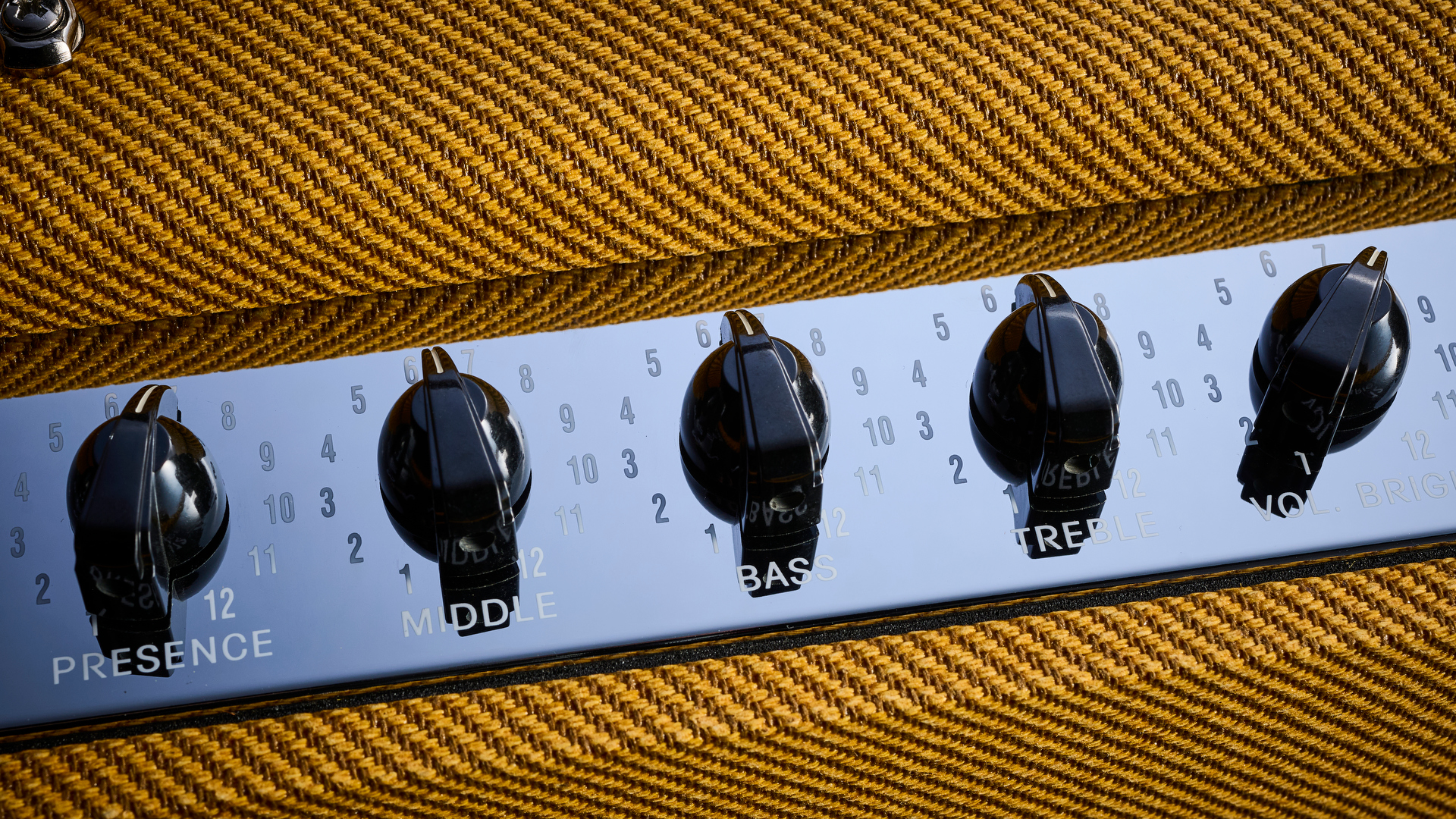
Sounds rating: ★★★★★
As someone who has grown up on a steady diet of valve amps and would still rather foolishly lug around an AC30 rather than go digital, I can confidently say the Tone Master really does feel like a tube amp
Okay, so we all expected Fender to deliver a well-constructed and thought-out amplifier, but the biggest question on everyone's lips is, does it actually sound like a Bassman? Well, in a word, yes! Operating at full power, the Tone Master expertly reproduces the lush, high-headroom tone we've all come to know and love while cranking the volume pushes those pristine cleans into hearty overdrive. Of course, every sound is covered in a blanket of smooth reverb that, no matter how far you push it, never gets in the way of the note's attack.
Armed with old faithful, a '60s reissue Gibson ES-335, it took me mere seconds to dial in the ultimate blues tone. Warm, round, with a chewy mid-range that simply begs to be fed pentatonic licks, this amp sounds fantastic – and feels even better under the fingers. As someone who has grown up on a steady diet of valve amps and would still rather foolishly lug around an AC30 rather than go digital, I can confidently say the Tone Master really does feel like a tube amp.
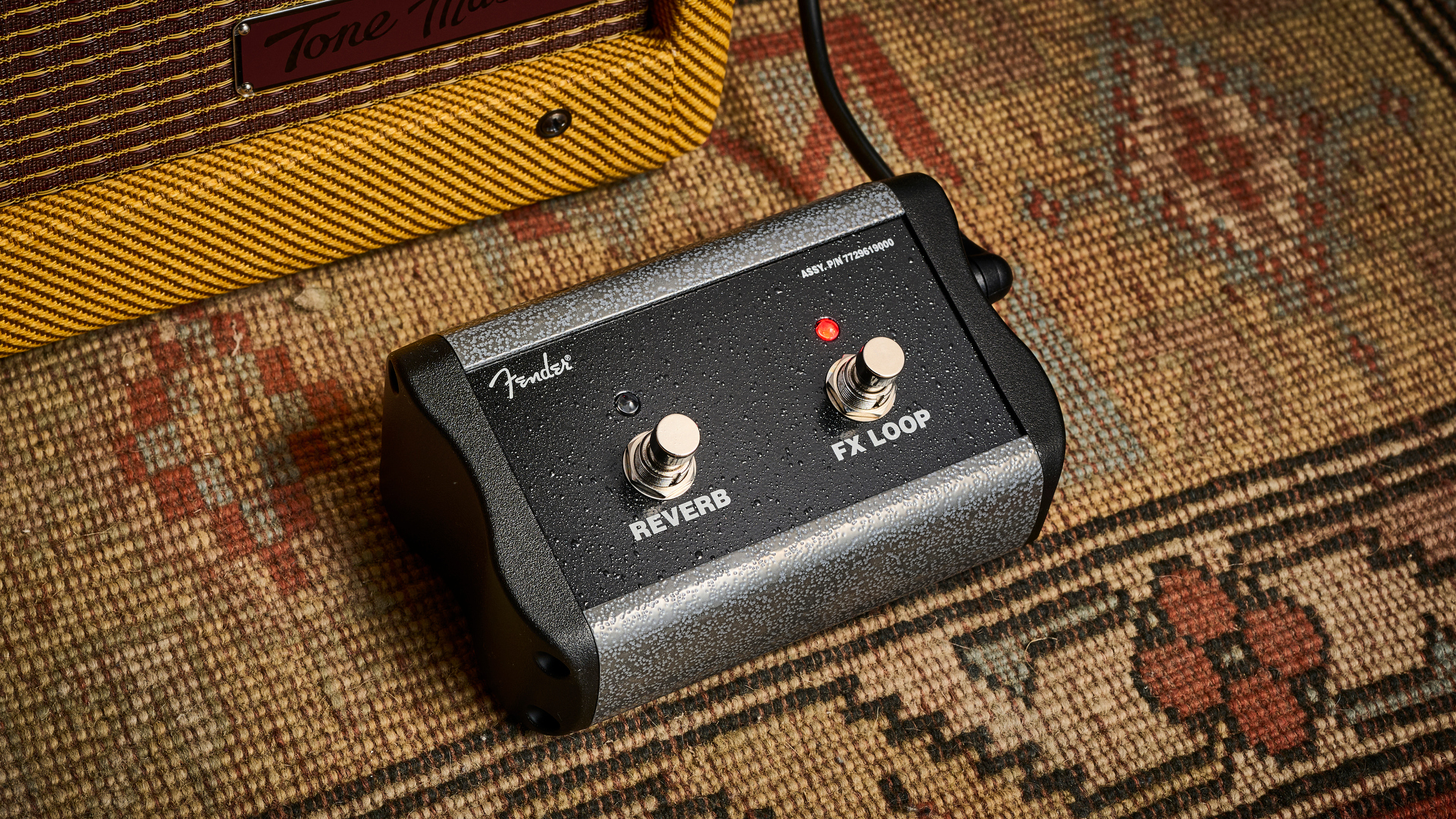
Knocking down the power to a more bedroom-friendly 12-watts resulted in less headroom, more drive, and an outstanding display of complex harmonics. In fact, I played on this setting for hours. Every note, chord and run sounded fabulous, and it just made me want to play.
Now, every faithful valve fanatic knows that the true test is how it responds to the guitar's volume control. With the amp cooking, I dialled back the ES-335 to around six and to my delight, the Tone Master cleaned up beautifully. If I were to nitpick, I'd say that it retained too much of the high-end for me. Personally, I like the amp to darken slightly as I roll down the volume, but the Tone Master's present highs kept singing through. Of course, many guitar players would see this as a positive, but I guess it's all personal preference.
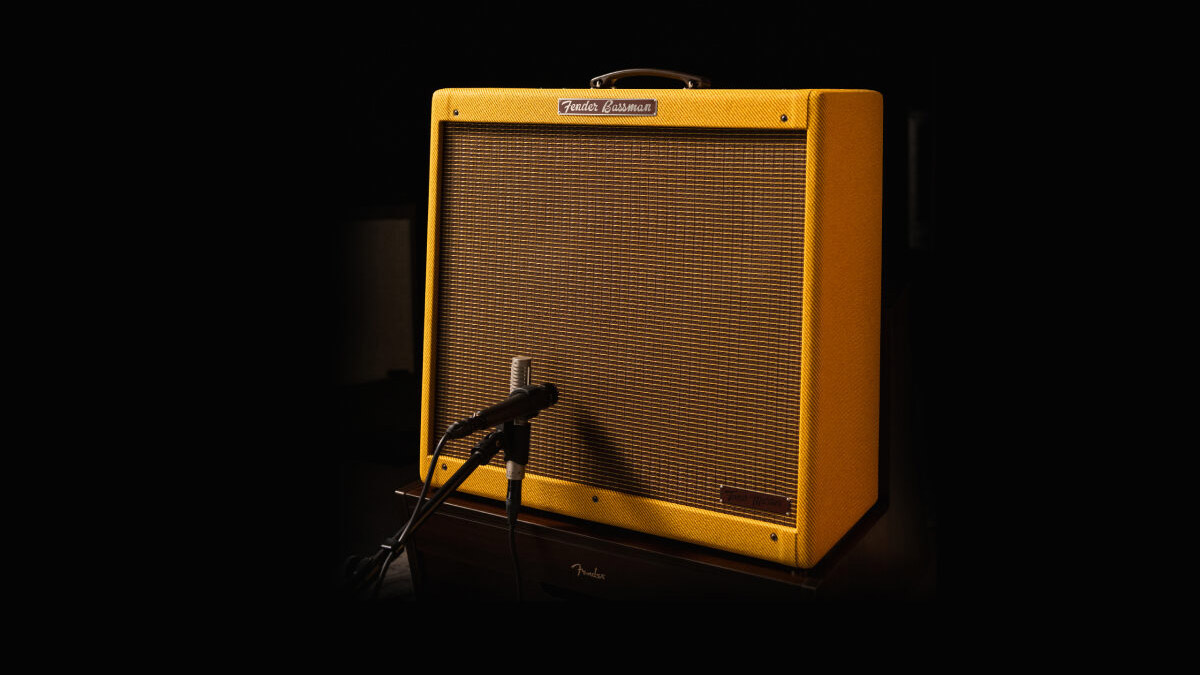
As the Tone Master has so much headroom, it works incredibly well with pedals. Throwing the Warm Audio Centavo, a rather convincing Klon klone, in front proved to be a perfect pairing for blues rock riffage and is, in my opinion, a match made in heaven.
The line out works a treat for recording and stage use and it sounds every bit as good as I expected, having got hands-on with the Tone Master Pro multi-effects. To my ears, the second one of the sims sounded the best, which, if it's the same as others in the series, emulates the sound of ribbon mics close-micing the cabinet.
Verdict
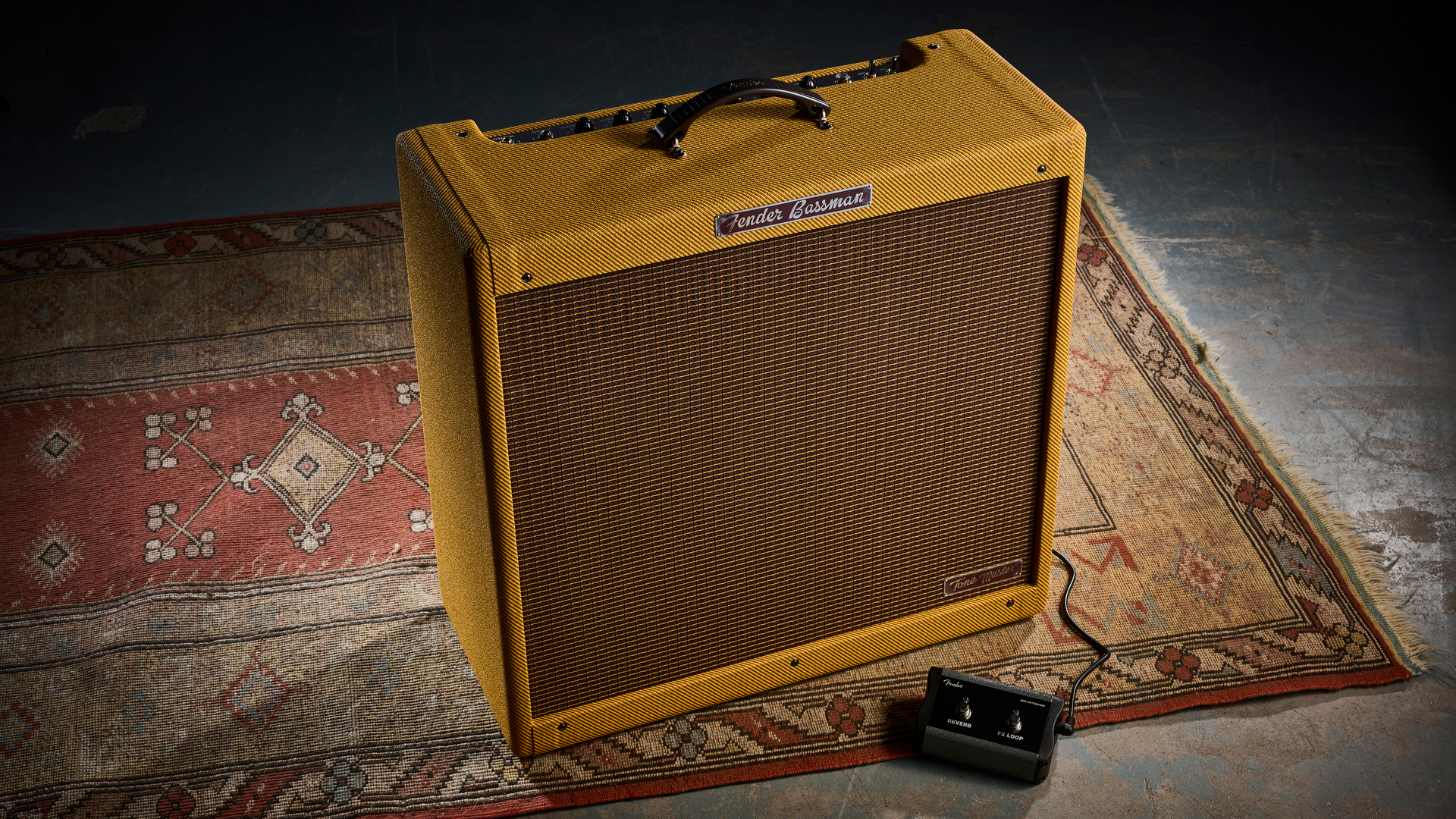
I'd argue that this amp shouldn't be viewed through the lens of a digital modelling amp, but instead thought of as a lighter, more reliable way vintage tone seekers can achieve the retro sounds of yesteryear
Okay, I'll cut to the chase, Fender has knocked it out of the park with the new Tone Master '59 Bassman. It has the look, the feel and the sound, all while being super lightweight and reliable. What's not to like?
If there is going to be one major sticking point for a number of players, it will be the price. At £1,429, this is certainly not a cheap amp by any means. It's expensive by valve amp standards, let alone when compared to other digital modelling units on the market. That said, the Tone Master fills a gap in the market that, as Fender has proven with the popularity of others in the series, is clearly there for the taking.
I'd argue that this amp shouldn't be viewed through the lens of a digital modelling amp, but instead thought of as a lighter, more reliable way vintage tone seekers can achieve the retro sounds of yesteryear, all without breaking their backs, fighting with troublesome tubes or worrying out how they'll be miking it up – and for me, that's more than worth the price of admission.
MusicRadar verdict: Fender digitally recreates the charm and unmistakable tone of one of the most important valve amps of all time, down to the most minuscule sonic detail. This latest addition to the Tone Master proves we are well and truly living in the digital age, and we can't wait to see what Fender does next.
| Test | Results | Score |
|---|---|---|
| Build quality | A lighter Bassman for gigging with the calling cards of the original. | ★★★★1/2 |
| Usability | The reverse control plate is authentic but may not be practical, but the controls are a breeze. | ★★★★1/2 |
| Sounds | A classic for very good reasons – and this sounds like the original. | ★★★★★ |
| Overall | It's pricey but this is a benchmark for how far digital technology has come in guitar amplification. | ★★★★1/2 |
Also try
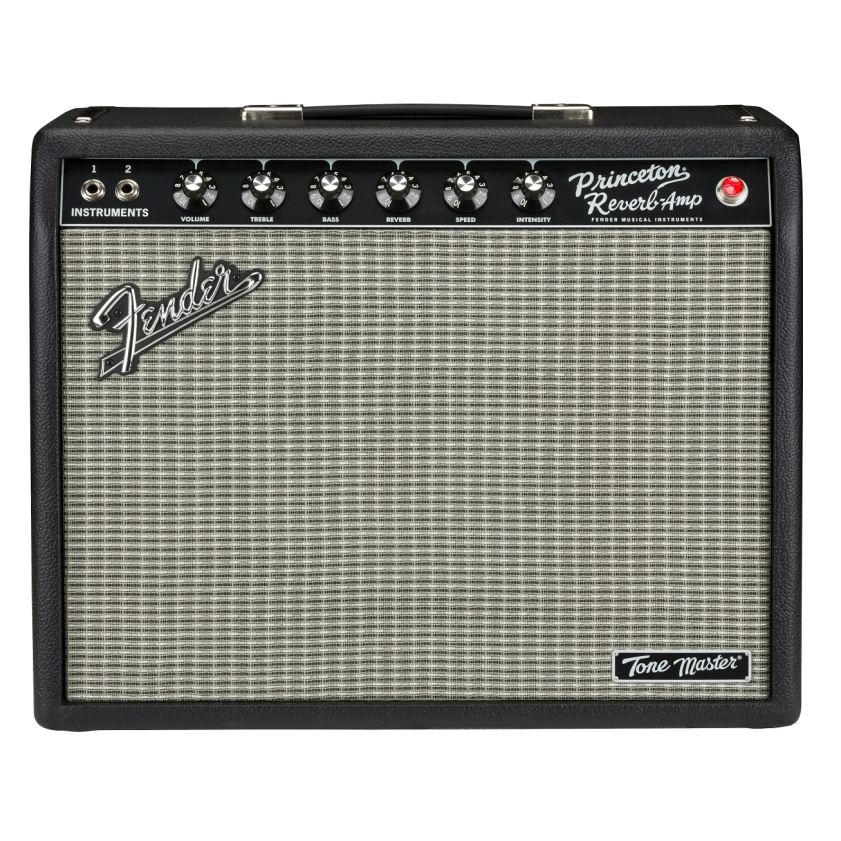
$949.99/£829
Needing something a little smaller and less cumbersome? Well, the Priceton is the amp for you. At a comfortable 50W (12W valve), this moderately powered amp is ideal for small gigs or home use.
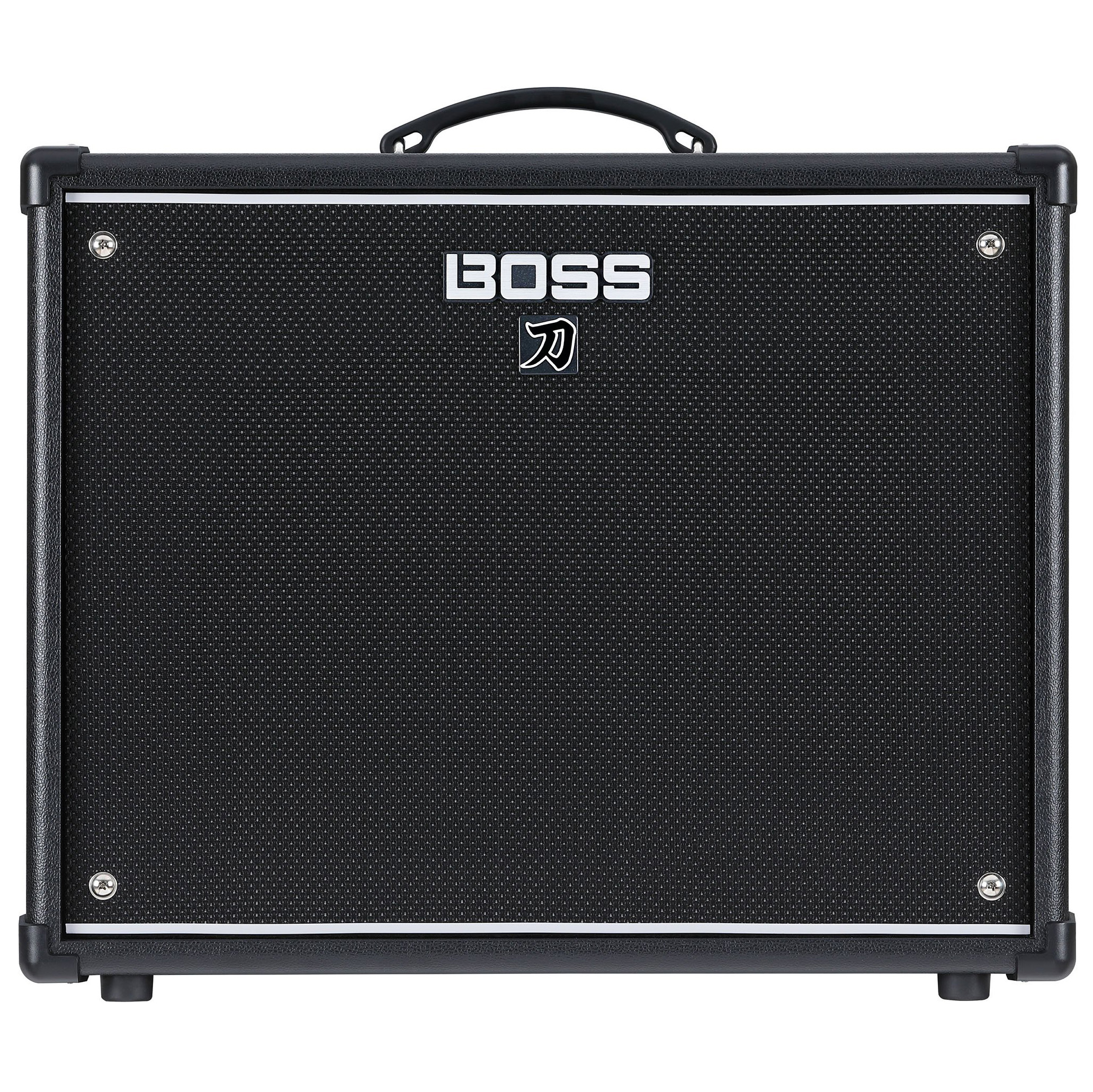
$359.99/£399
If it's effects you are after, then look no further than the Boss Katana Gen 3. Loaded with some of the finest effects in the world this is a seriously versatile amp. That said, don't expect the same level of tonal depth of the Tone Master.
Read our review
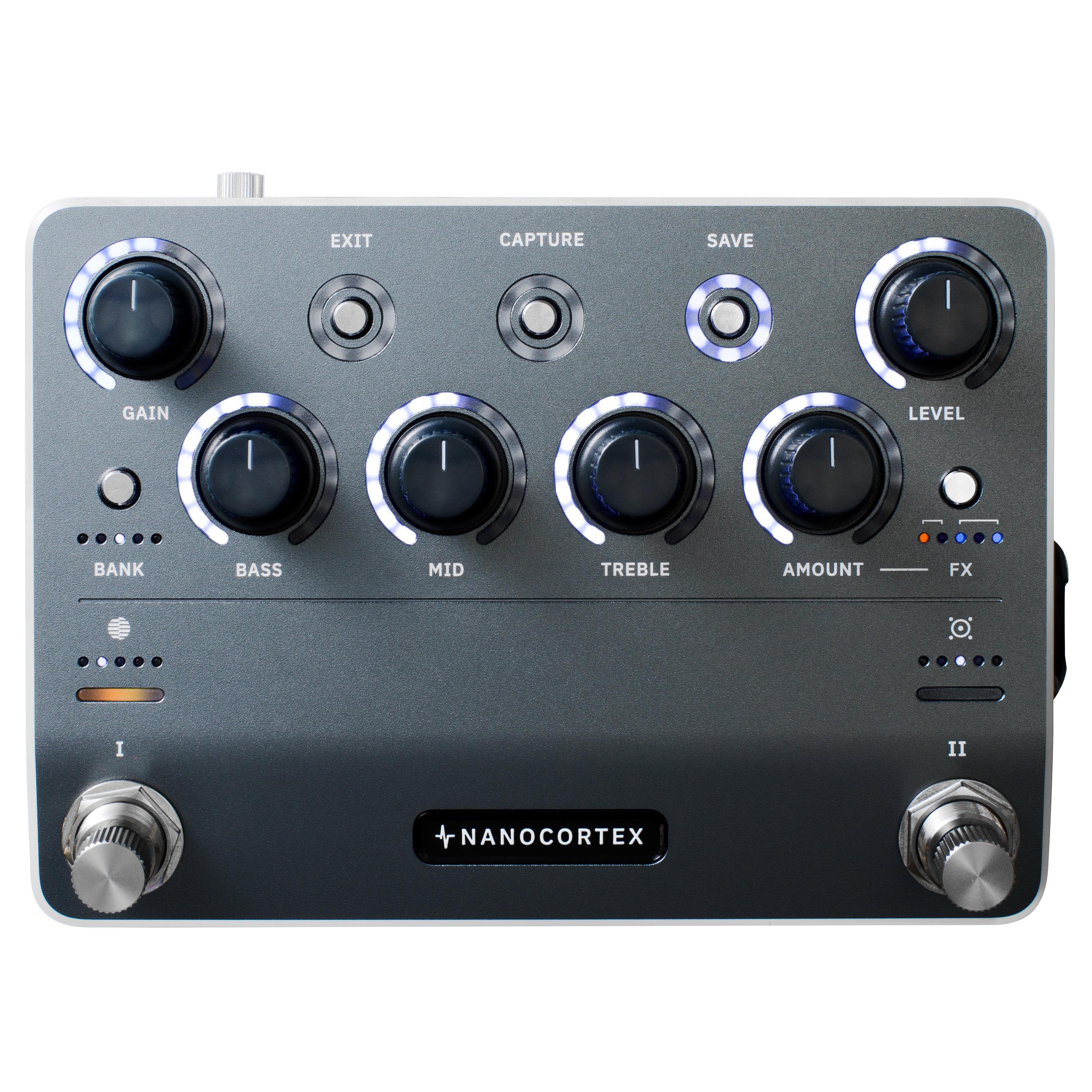
$549/£499
With this pint-sized floor unit, you can ditch the amp without leaving behind your tone. Featuring 25 onboard captures, 5 onboard IRs, 5 effects, a chromatic tuner and USB-C MIDI, you get a lot of bang for your buck with this tiny multi-effects.
Read our review
Hands-on videos
Fender
Brett Kingman
Jack Fossett
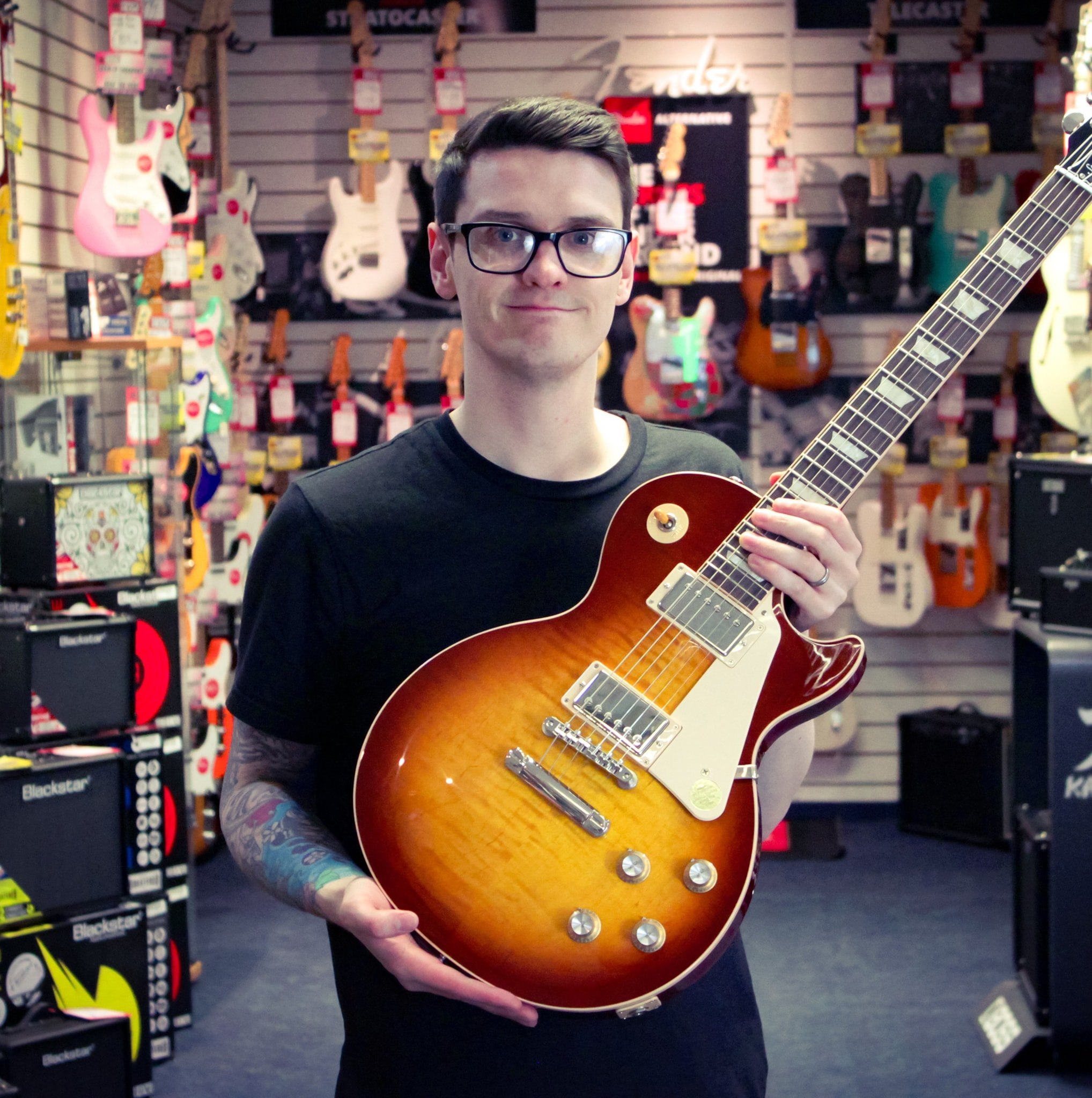
I'm a Senior Deals Writer at MusicRadar, and I'm responsible for writing and maintaining buyer's guides on the site. As part of my role, I also scour the internet for the best deals I can find on gear and get hands-on with the products for reviews. My gear reviews have been published in prominent publications, including Total Guitar, Guitarist, and Future Music, as well as Guitar World.com. I've also had the privilege of interviewing everyone from Slash to Yungblud, as well as members of Sum 41, Foo Fighters, The Offspring, and many more.
In a previous life, I worked in music retail, selling everything from digital pianos to electric guitars. I'm also a fully qualified sound engineer who holds a first-class Bachelor's degree in Creative Sound Production from the University of Abertay.
